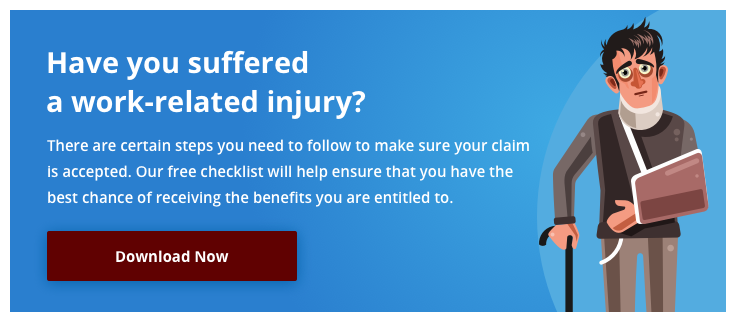
After suffering a work-related injury or illness, your main goal will be to recover from the injury or illness. After your health and recovery, your next goal will be to return to work in your former capacity. In many workers’ compensation cases, an injured worker is unable to work for a period of time while they recover from their injury.
In other cases, an injured worker will be able to return to work with certain restrictions in place while they are working and healing. In most cases, an injured worker is able to go back to their former job and perform their usual job duties once they have reached maximum medical improvement and their doctor has determined that they are able to return to work.
If you have been injured at work and need guidance regarding returning to work in some capacity, our California workers’ compensation attorneys at Kneisler and Schondel can help. The attorneys at Kneisler and Schondel have many years of experience handling a variety of different types of workers’ compensation cases. They have the skills and experience to help you with your case. Contact our office today to schedule a consultation to meet with one of our attorneys and get started pursuing your claim for workers’ compensation benefits.
Returning to Work with Work Restrictions
At some point, after you have suffered a work injury and have begun medical treatment, your treating doctor may decide that you are able to return to work with certain light duty work restrictions in place. For example, an employee who injured his back while lifting an item at work may be allowed to return to work with a lifting restriction (a temporary reduction in the weight they are able to lift).
If you are in a similar situation, your doctor will advise you what restrictions are being placed on your ability to return to work. Your employer may provide you with work within these restrictions. If they don’t, their workers’ compensation insurer will be responsible for paying you temporary total disability payments for the time you are off work.
If your employer is able to provide light duty work within your restrictions, but it is at a lower pay rate than you were previously earning, you will be entitled to temporary partial disability payments to make up two-thirds of the difference. Depending on the employer and the nature of the work, your employer may offer you a position that appears to be within your restrictions, but once you begin performing the job, you realize that it actually exceeds your work restrictions.
It is important to know that your employer cannot force you to perform job tasks that exceed your work restrictions. If you have questions or concerns regarding this process, your attorney can help you.
Returning to Work Full Duty While Recovering from Your Injury
Your treating physician may determine that you are able to return to work full duty before you have completed the necessary medical care. Whether or not this happens depends on your injury, the type of job you have, and other factors unique to your own case.
It is important to keep in mind that if your doctor clears you to return to work full duty, your employer will no longer be required to pay you disability payments of any kind. For this reason, even if you do not think you are ready to return to work full duty, you should still give it a try and then report back to your doctor if you are having trouble performing the job duties. You can also discuss this matter with your attorney, but keep in mind that they cannot make or override any medical decisions made by your doctor.
Returning to Work Full Duty After You Have Finished Medical Treatment
Finally, once you have finished receiving medical care for your injury, your doctor will note that you have reached maximum medical improvement and may release you from treatment. In most cases, this will involve an authorization to return to work full duty, meaning in the capacity in which you were employed prior to your injury.
Most injured workers are able to return to their former jobs once they have completed medical care. In some cases involving serious injury, an injured worker may have become permanently disabled due to the work injury. In these situations, the injured worker is unable to return to their former position and may be unable to return to the workforce at all. If this is a possibility in your case, your attorney can explain to you what your options are going forward.
